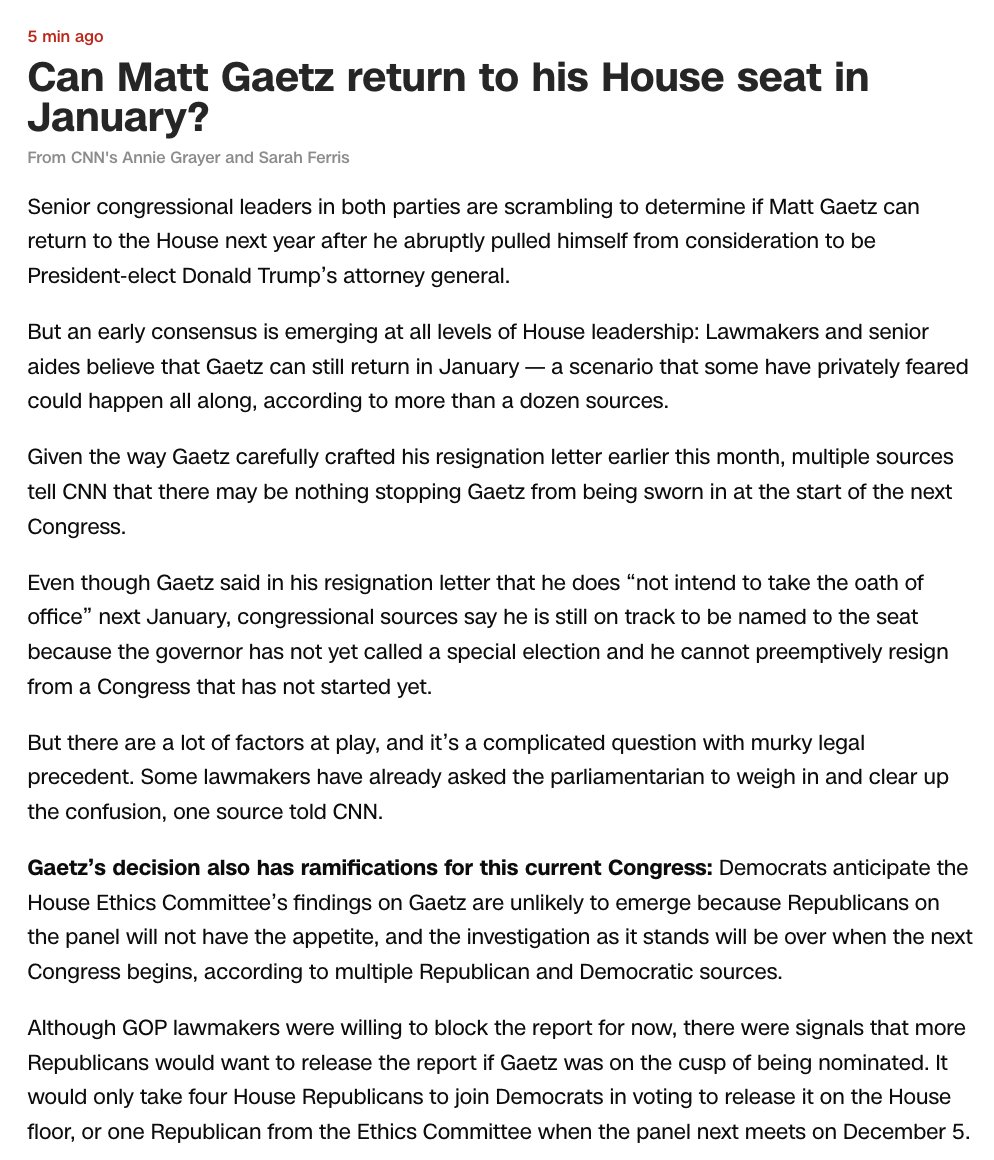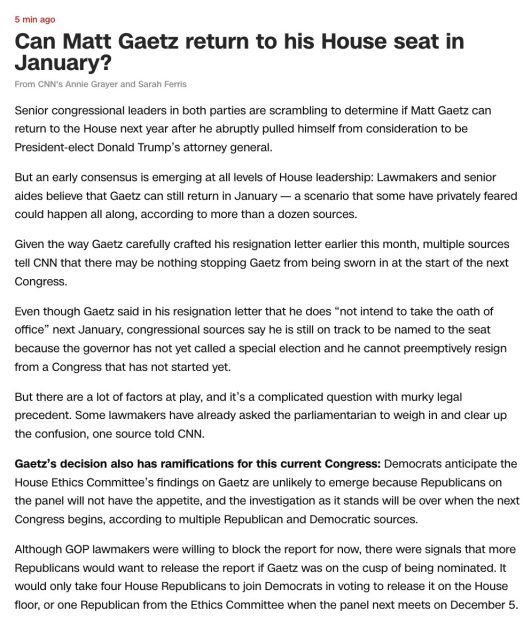
**Q&A: Navigating the Choice to Resign After a Return to Office Initiative**
In recent times, the work environment has experienced notable changes, significantly shaped by the global pandemic. As numerous organizations now advocate for a return to in-person offices, some employees confront the challenging decision of either adhering to this or contemplating resignation. To provide clarity on this decision-making journey, here’s a detailed Q&A guide.
**Q: What motivates employers to enforce return to office initiatives?**
A: Employers reference various motivations for returning to office protocols, such as enhancing collaboration, promoting effective communication, and preserving company culture. They also recognize the advantages of spontaneous interactions occurring in a physical workplace, which can foster innovation and strengthen team unity.
**Q: What are typical employee worries regarding returning to the office?**
A: Employees have voiced concerns linked to work-life balance, commuting pressures, health and safety issues, and the perceived inefficiency of in-office work in contrast to remote productivity. Moreover, some individuals have tailored their home settings for work and fear the loss of that comfort and flexibility.
**Q: How should one assess a return to office directive before choosing to resign?**
A: Individuals ought to evaluate the directive’s effects on their personal and professional lives. Consider elements like commuting distance, possible hybrid arrangements, specific office guidelines, and how these correspond with career aspirations. Engaging in candid conversations with management to explore flexibility or exceptions might also be advantageous prior to reaching a final decision.
**Q: What options are available instead of resigning?**
A: Alternatives might include negotiating a hybrid work setup, investigating different roles within the same organization that could offer more flexibility, or pursuing lateral moves. Employees might also advocate for gradual returns or specific remote days to manage demands effectively.
**Q: What are the legal and career consequences of resigning due to a return to office mandate?**
A: From a legal standpoint, employees are generally at-will, meaning they can resign at any time, although they should examine their contracts for any commitments. Career-wise, resigning may affect job stability; therefore, securing another job before leaving is advisable. Upholding professionalism and providing transitional support when possible can also ensure future references remain positive.
**Q: How can one convey their resignation professionally?**
A: Clearly explain your reasons, emphasizing how the choice aligns with your personal objectives rather than confronting company policies or management directly. A written resignation letter that states a proposed last working day ensures transparency. Show appreciation for the opportunities given and offer assistance during the transition to uphold a favorable professional relationship.
**Q: What trends are observed as companies modify return to office policies?**
A: Many organizations, acknowledging employee resistance, have implemented hybrid models, permitting remote work on certain weekdays. Others provide flexible working hours to facilitate improved work-life balance. An increasing focus is also placed on leveraging technology to connect in-office and remote team members.
**Q: What should be the primary factor in deciding whether to resign?**
A: The choice should be guided by personal well-being, career goals, and the capacity to sustain a quality of life that aligns with one’s standards. Evaluating the advantages and disadvantages with a long-term viewpoint will assist individuals in making a well-informed decision.
Navigating the choice to resign after a return to office initiative is deeply personal and significantly varies across sectors and individuals. By carefully assessing the directive and considering possible alternatives, employees can make decisions that best align with their aspirations and lifestyles.
